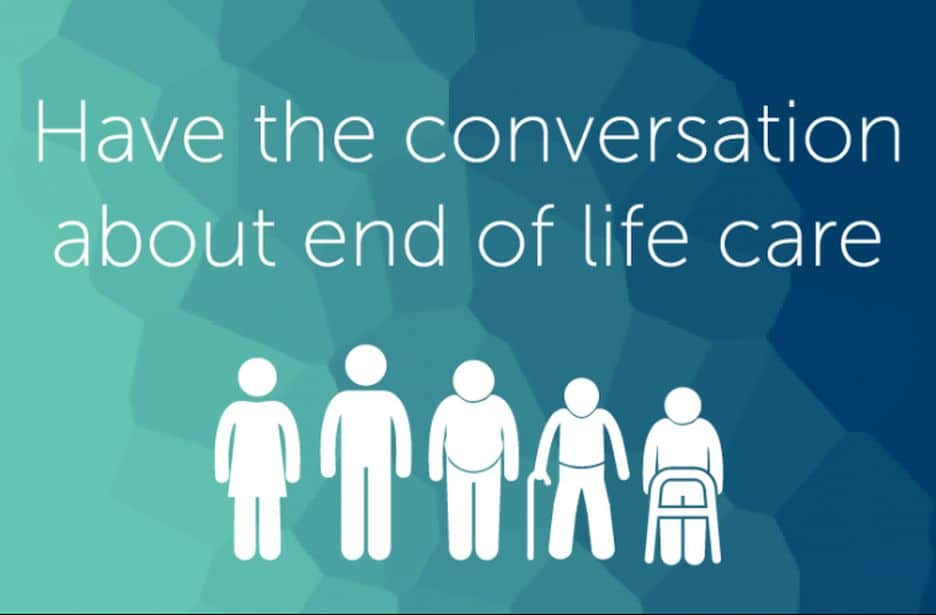National Advance Care Planning Week is an annual initiative by Advance Care Planning Australia that encourages all Australians, regardless of their age or health status, to make their future health care preferences known. One of the awkward realities of life is that we will all die one day. But a recent study of the prevalence of formal advance care directives (ACD) in Australian hospitals and aged care byt Detering et al [1] suggests that only around 30% of older Australians have an ACD documented in their health record. As an Ambassador for National Advance Care Planning Week, I want to raise awareness of the role of advance care planning and the importance of talking about end-of-life wishes and preferences.
For many of those who die each year, the death is expected. Being aware that death is approaching can help the person to prepare and to do the things that are meaningful or important for them and their families. For others, death may not have been anticipated. This suggests that even if you are fit and well, there can be a value in talking about what you want if something unexpected happens.
As individuals and a society we need to be able to talk about death and dying. This will help us to think about planning for our future needs and to recognise that others may have different views and preferences about care at the end-of-life. And sadly, if we are not comfortable talking about death and dying we also may not recognise and be able to support those in our community who are seriously ill, who are caring for someone who is dying, or who are bereaved. Talking about death and dying needs to become part of our natural conversations.
To continue reading this blog post from Professor Jennifer Tieman, on the CareSearch website click here.


